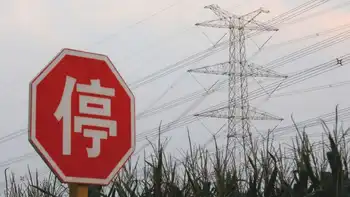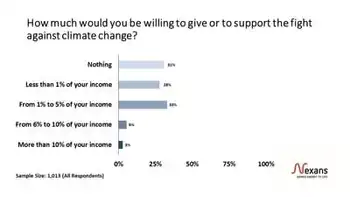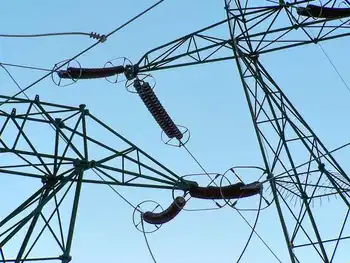Climate, habits affect EV battery life
By San Jose Mercury News
Protective Relay Training - Basic
Our customized live online or in‑person group training can be delivered to your staff at your location.

- Live Online
- 12 hours Instructor-led
- Group Training Available
How often do you have to replace the battery? Will it be recycled? Can you charge a battery even if it is not empty? How many charging cycles can the battery handle? Is it true there's a worldwide shortage of lithium?
Lithium-ion batteries can be found in all kinds of consumer products, from laptops to cell phones, and they also will be the power source in at least the first generation of electric cars. An electric-vehicle battery is basically just a cluster of thousands of cell phone batteries packaged together.
"If I want to buy an electric vehicle, I would want to know how many miles can I drive under real driving conditions, how long will my battery last and how long will the battery take to charge," said Venkat Srinivasan, a staff scientist at the Lawrence Berkeley National Laboratory in California.
The Chevrolet Volt and Nissan Leaf, the first mainstream plug-ins to reach the market, both offer battery warranties good for 100,000 miles or eight years. That will reassure many consumers, but there still are things they can do to maximize battery life and performance.
"Don't keep continuously fully charging and discharging them," Srinivasan said. "Pressing on the accelerator too much also draws power from the battery at a high rate, and can cause degradation."
Sunil M. Chhaya, an electric drive expert at the Electric Power Research Institute, notes that batteries age faster if the temperature of the battery is frequently elevated. The institute's research has found that heat management inside the batteries is the single most important predictor of battery health and longevity. That's one reason why Tesla uses a liquid cooling system to maximize the life of its battery packs.
"Batteries are like people and perform nicely when their operating temperature is in a 20-45 degrees Celsius or 68-113 degrees Fahrenheit window," Chhaya said. "Outside of it, they need to be 'thermally managed.'"
Even weather is a factor. In general, a cold battery exhibits higher resistance to current flow, meaning that the same amount of power at the wheels will produce much larger amounts of heat inside the battery due to internal power dissipation. This generates localized heat and, while it warms up the batteries, it also accelerates their aging process.
Consumers who live in colder climates are also likely to see reduced driving ranges because using the heater draws power - sometimes as much as 25 percent - from the battery.
And consumers eager to quickly charge a battery by using higher voltages need to be aware of the tradeoffs.
"Fast charging can degrade the battery life," said Mark Wagner, vice president of government relations at Johnson Controls, which manufactures lithium-ion batteries at its plant in Holland, Mich. "The vast majority of the vehicles will be charged up overnight at lower voltages, but if you charge very quickly, there can be mechanical stress on the battery."
But Mike Omotoso, an automotive analyst with J.D. Power and Associates, says there's no consensus about how much a battery is degraded by fast charging. And he notes that consumers rarely follow directions when it comes to battery use.
"If you think of your cell phone or laptop, you're supposed to charge the battery fully for 24 hours before using it the first time," Omotoso said. "But of course most of us are anxious to use something new right away, so we charge it for a couple of hours and then start using it. Then we complain that the battery life isn't as long as advertised."











